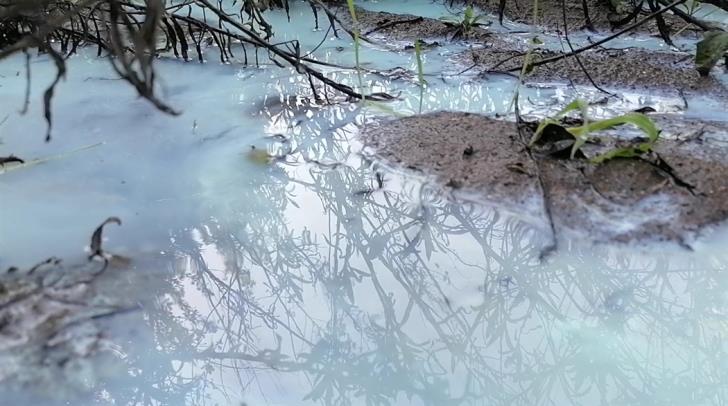Kalavasos, the second-largest drinking water dam in the country, has stopped the supply of drinking water as a precaution by the Water Development Department (WDD) after high levels of heavy metals were discovered in lab tests, Phileleftheros reports.
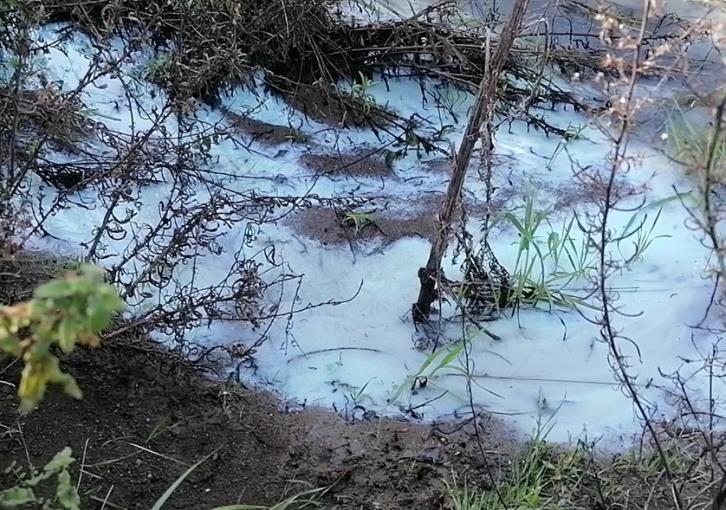
It is reported that the dam was built next to an old mine, and following two years of rain, local residents noticed that the streams flowing into the Kalavasos dam had a suspicious fluorescent colour.
Subsequent analyses of the water found that it contained high levels of calcium, magnesium, cadmium, lead, mercury and nickel.
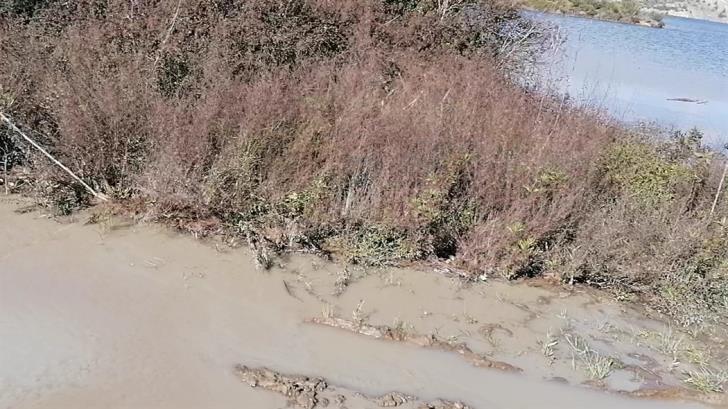
The WDD head Charalambos Hadjipakkos said that his department was aware of the issue, hence it decided three weeks ago to suspend the supply of drinking water from the Kalavasos dam as a precautionary measure until the problem is resolved.
Hadjipakkos said that the problem emerged due to heavy rains that carried liquid waste from old mines in the area into the Kalavasos dam — the same issue they encountered last year.
“After the issue was spotted, we have been regularly monitoring the quality of the water. We estimate that 160 cubic metres of liquid waste flow into the Kalavasos dam on a daily basis.
“We stopped the supply of water from the dam three weeks ago, and we now only use water for drinking purposes from Kouris dam.
“However, crops are still watered from Kalavasos dam, while fishing there is still allowed. It’s very difficult to protect the soil from such waste, while not even on a European level have measures been adopted to tackle pollution from mining activities.
“There are no grounds for concern as we have closed the dam,” Hadjipakkos concluded.
Meanwhile, there are concerns for the health of the personnel at the nearby National Guard camp that was built on an old mine, and no steps appear to have been taken for their safety.
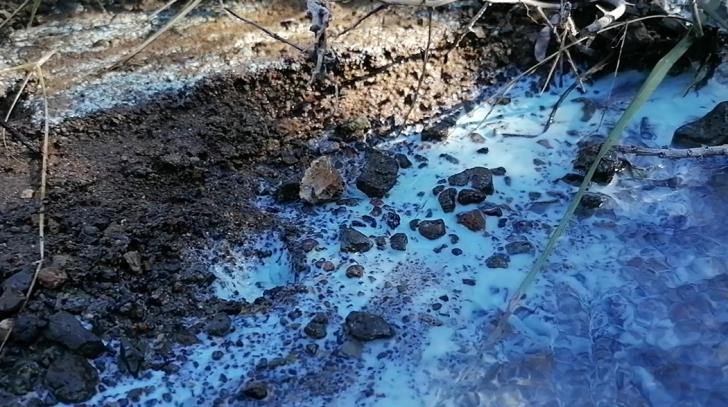
EU DIRECTIVE ON DRINKING WATER MANAGEMENT
According to the Directive 2000/60/EC of the European Parliament and the Council of Europe on water policy, any water system supplying more than 50 people daily with drinking water should be monitored by member-states.
It is also the responsibility of each member to ensure the protection of water systems in order to avoid the degradation of their quality so as to reduce the level of purification treatment required for the production of drinking water.
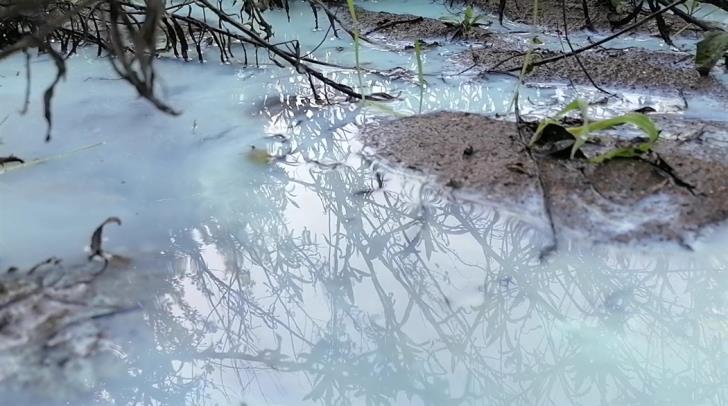
In an opinion piece on the matter by journalist Angelos Nicolaou, Phileleftheros points out that the issue should have been resolved years ago, as it affects many crucial areas of public interest including the protection of the environment, wildlife and wetlands as well as human health and drinking water adequacy.
Areas affected by old mines should have been restored years ago, it is emphasised, but no government has made this a priority as demonstrated by annual state budgets.
“If dams were banks they may have been rescued,” the author concludes.
Read more:
https://in-cyprus.com/water-released-from-dam-to-prevent-flooding/


